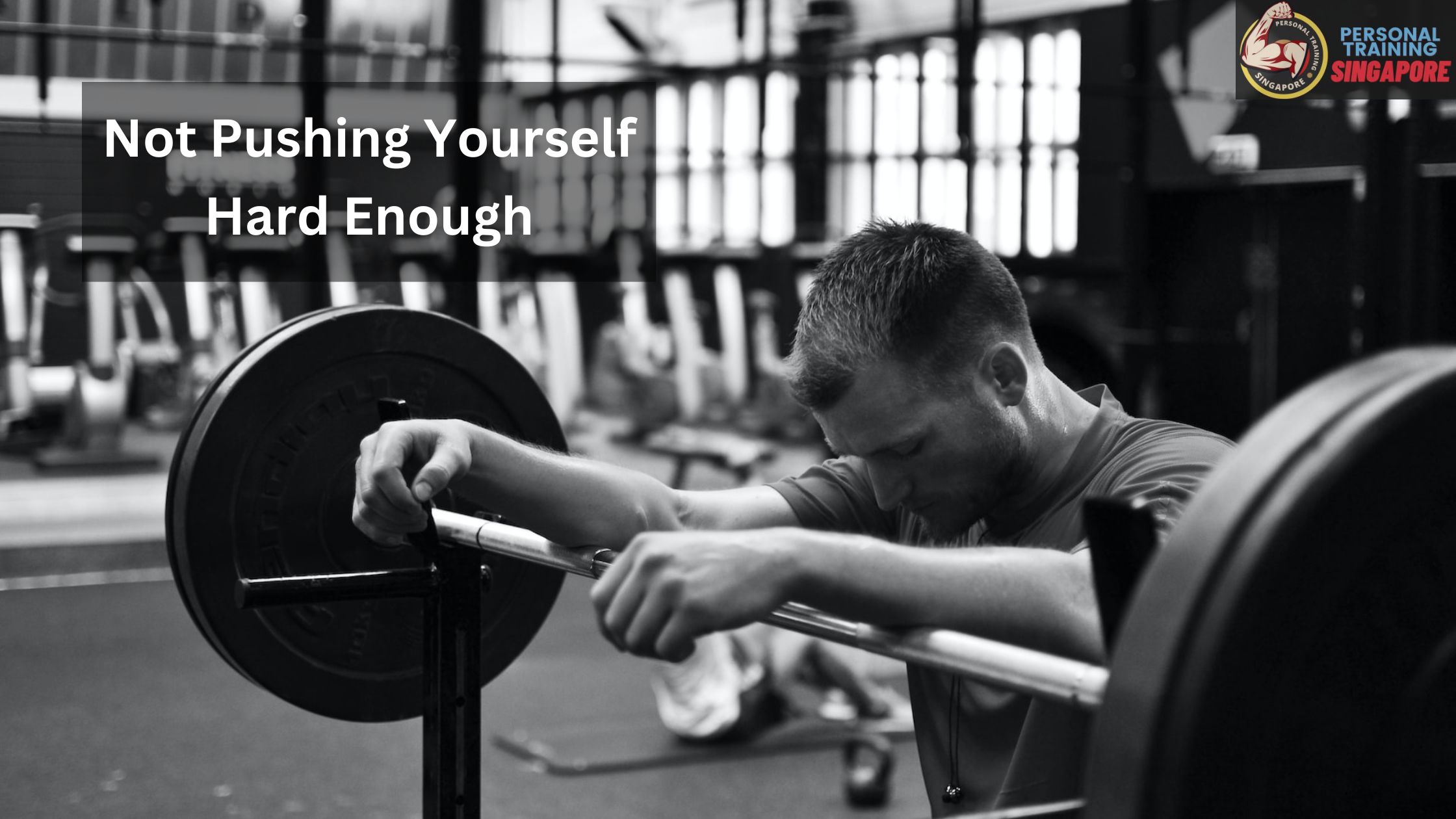 |
| Photo by Ron Lach |
Are you struggling to put on muscle despite spending hours at the gym? Have you been following the same workout routine and diet plan but not seeing any results? Don't worry; you're not alone. Many people face the same challenge of not being able to gain muscle even after working hard. However, it's essential to understand that building muscle takes time and requires a combination of a balanced diet, consistent exercise, and proper rest. In this article, we'll explore the top five reasons why you may not be gaining muscle, along with tips on how to overcome these obstacles and achieve your fitness goals.
Reason #1: Not Eating Enough
Your body needs a sufficient amount of calories to fuel muscle growth. If you're not eating enough, your body will start breaking down muscle tissue for energy, which can slow down muscle gain or even lead to muscle loss. To gain muscle, it's essential to consume a calorie surplus, which means eating more calories than your body needs to maintain its current weight. Moreover, it's crucial to consume enough protein, which is essential for muscle repair and growth. As a general rule, aim to consume 1 gram of protein per pound of body weight daily. Additionally, carbohydrates are essential for energy, so make sure you're eating enough complex carbs to fuel your workouts.
 |
| Photo by Jep Gambardella |
Tip: Use a calorie calculator to determine your daily caloric needs and adjust your diet accordingly. Aim for a calorie surplus of 250-500 calories per day and include a variety of protein sources in your diet, such as lean meats, eggs, and plant-based options like tofu or legumes.
Reason #2: Not Following a Consistent Workout Routine
Building muscle requires consistent resistance training to stimulate muscle growth. If you're not following a consistent workout routine, you're not providing your muscles with the necessary stimulus to grow. Moreover, if you're doing the same workout routine over and over again, your body will adapt to the stress, and you may experience a plateau in your progress. It's essential to mix up your workouts and challenge your muscles in different ways to keep them growing.
Tip: Design a workout routine that targets all major muscle groups, including compound exercises like squats, deadlifts, bench press, and rows. Aim to increase the weight or reps each week to challenge your muscles and promote growth. Additionally, mix up your workouts by adding new exercises, changing the order of exercises, or trying different variations.
Reason #3: Not Getting Enough Sleep
 |
| Photo by Kebs Visuals |
Sleep is essential for muscle recovery and growth. During sleep, your body repairs damaged muscle tissue and synthesizes new muscle fibers. If you're not getting enough sleep, your body will not have enough time to recover, and you may experience slower muscle growth or even muscle loss. Additionally, lack of sleep can affect hormone levels, such as testosterone and growth hormone, which are essential for muscle growth.
Tip: Aim for 7-9 hours of quality sleep each night. Establish a regular sleep routine, avoid caffeine and alcohol before bedtime, and create a comfortable sleep environment.
Reason #4: Not Allowing for Proper Muscle Recovery
Muscle recovery is essential for muscle growth. When you work out, you're creating small tears in your muscle fibers, and recovery allows your muscles to repair and grow stronger. If you're not allowing for proper muscle recovery, you may experience muscle soreness, fatigue, or even injury. Additionally, overtraining can lead to a decrease in muscle growth, as your body will not have enough time to recover between workouts.
Tip: Allow for at least 48 hours of rest between workouts targeting the same muscle group. Incorporate active recovery, such as stretching, foam rolling, or yoga, to help reduce muscle soreness and promote blood flow to the muscles. Additionally, avoid training the same muscle group too often or doing too much volume in a single workout.
Reason #5: Not Pushing Yourself Hard Enough
 |
| Photo by Jep Gambardella |
Tip: Incorporate the principle of progressive overload into your workouts by gradually increasing the weight, reps, or sets each week. Additionally, try to push yourself to reach new levels of intensity, such as doing more reps or lifting heavier weights.
Conclusion:
Gaining muscle is a process that requires patience, consistency, and hard work. If you're not seeing results, it's essential to assess your diet, workout routine, sleep habits, and training intensity. By addressing these five common obstacles, you can overcome plateaus and achieve your fitness goals. Remember, gaining muscle is not an overnight process, but with the right approach, you can achieve your desired results.





0 Comments